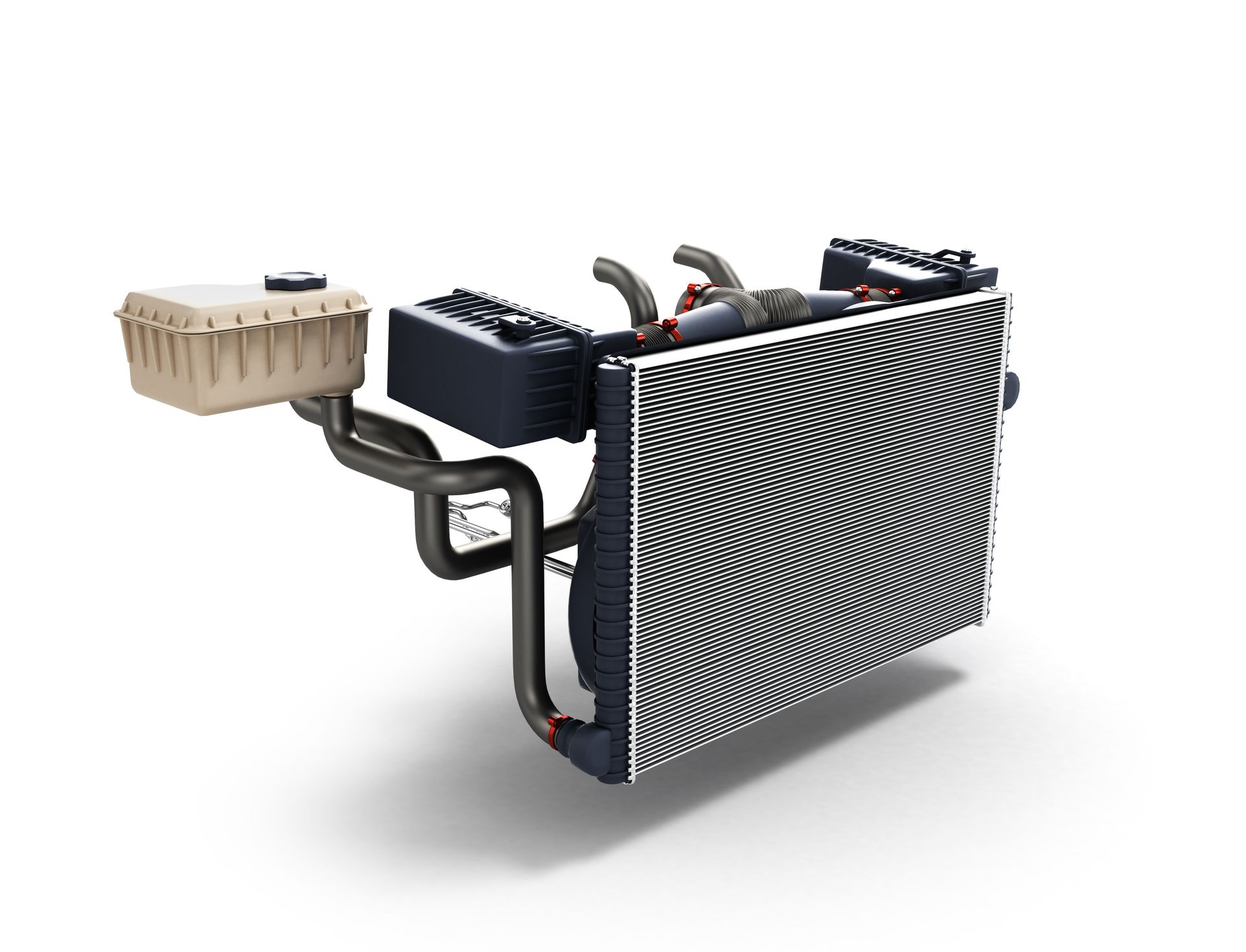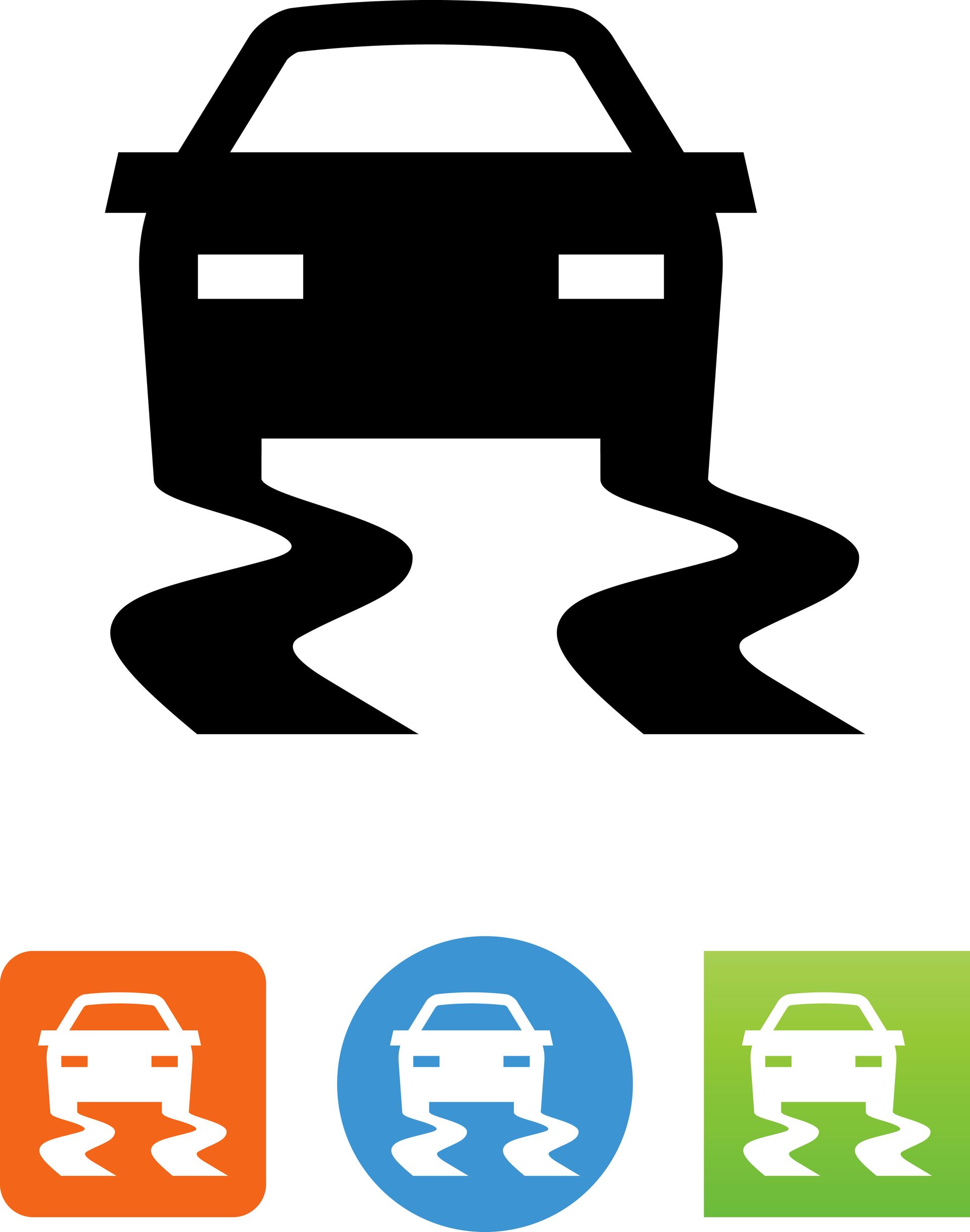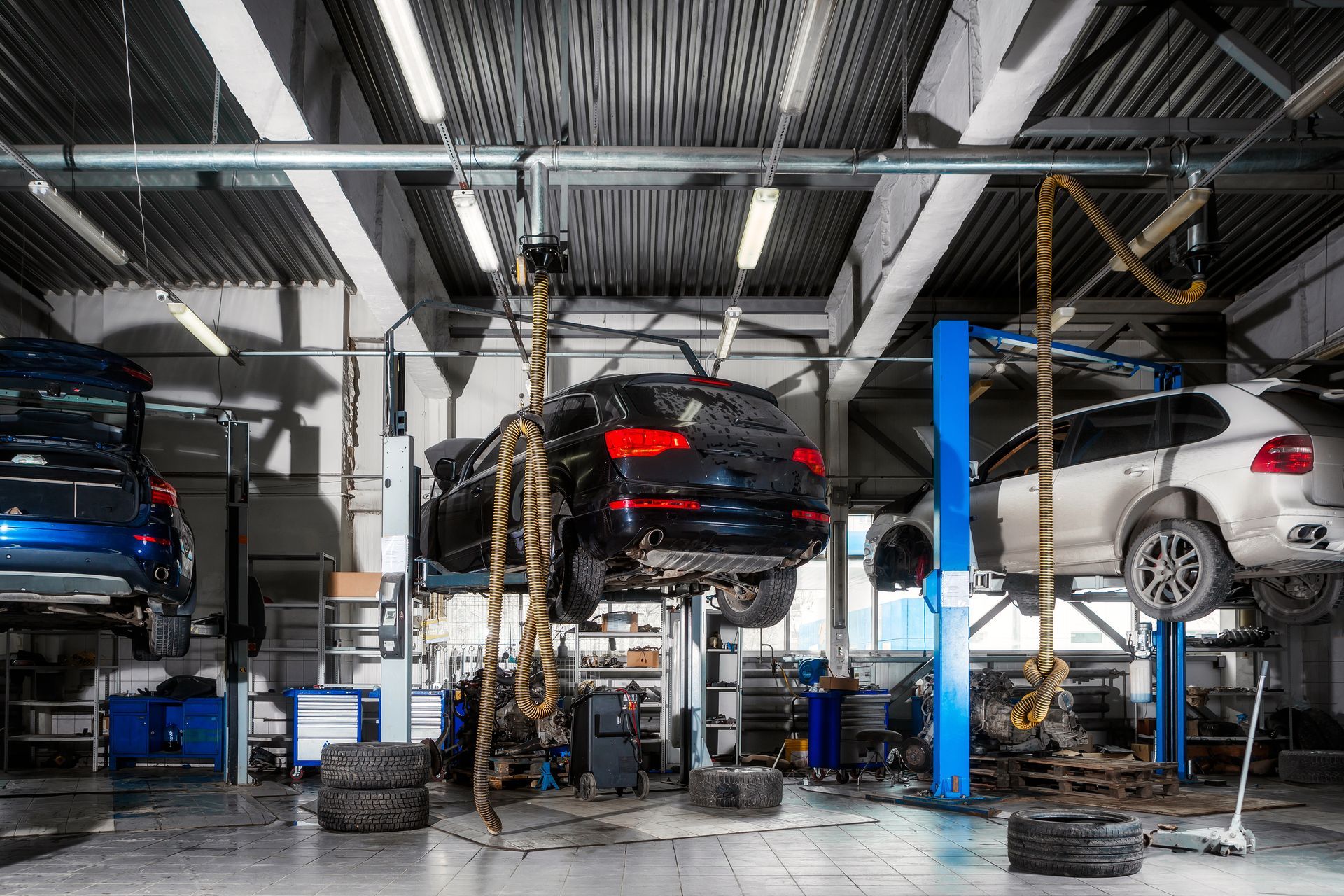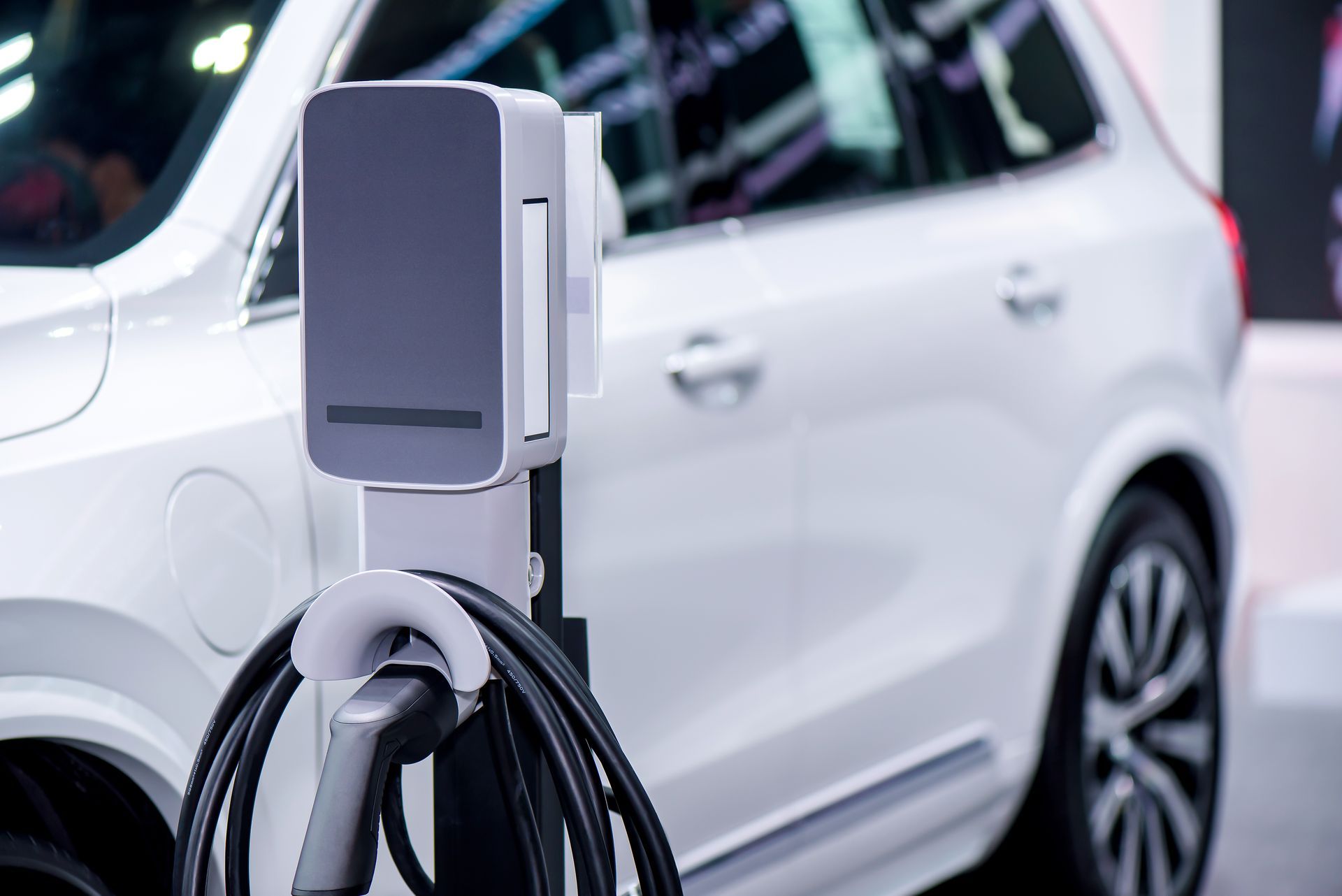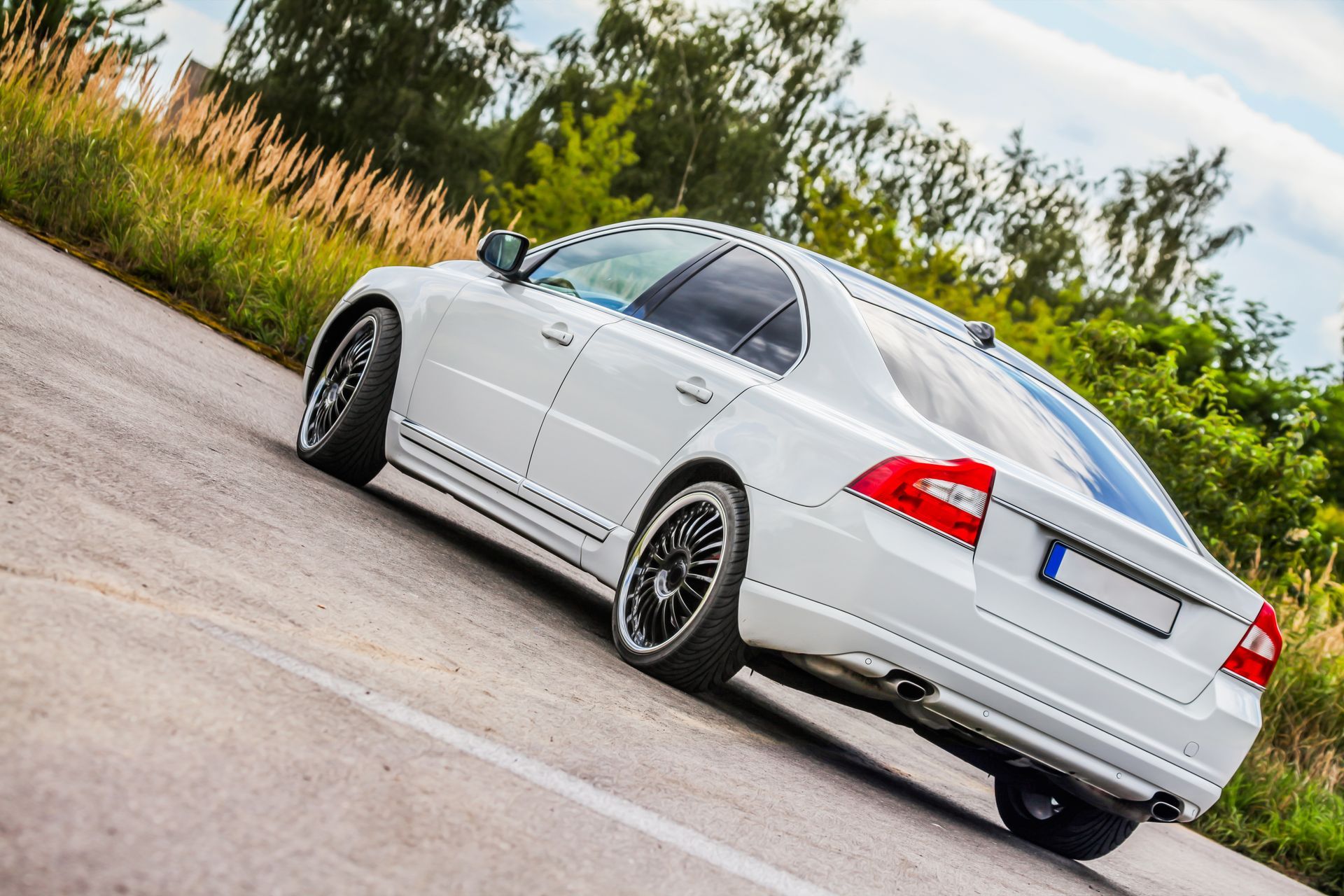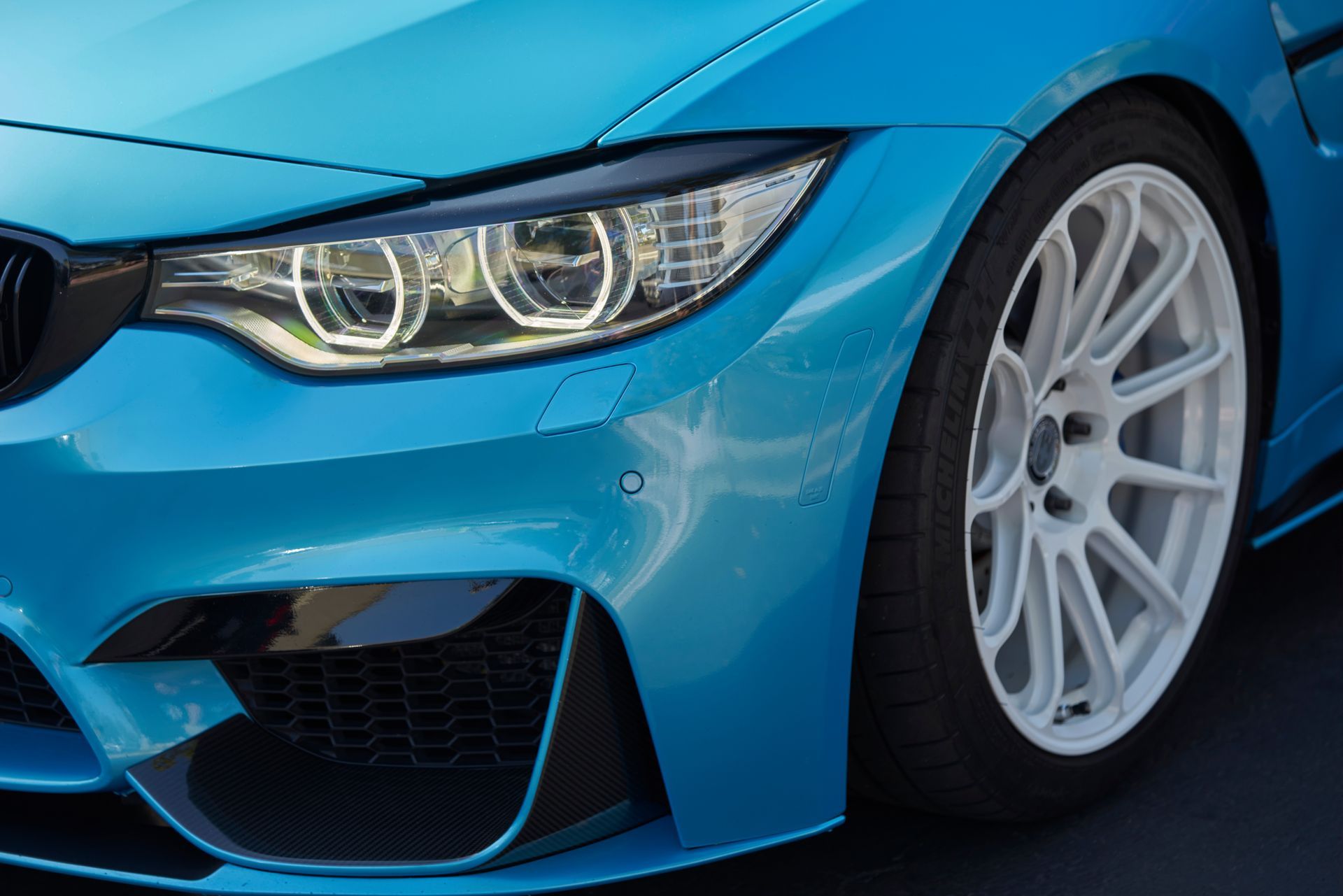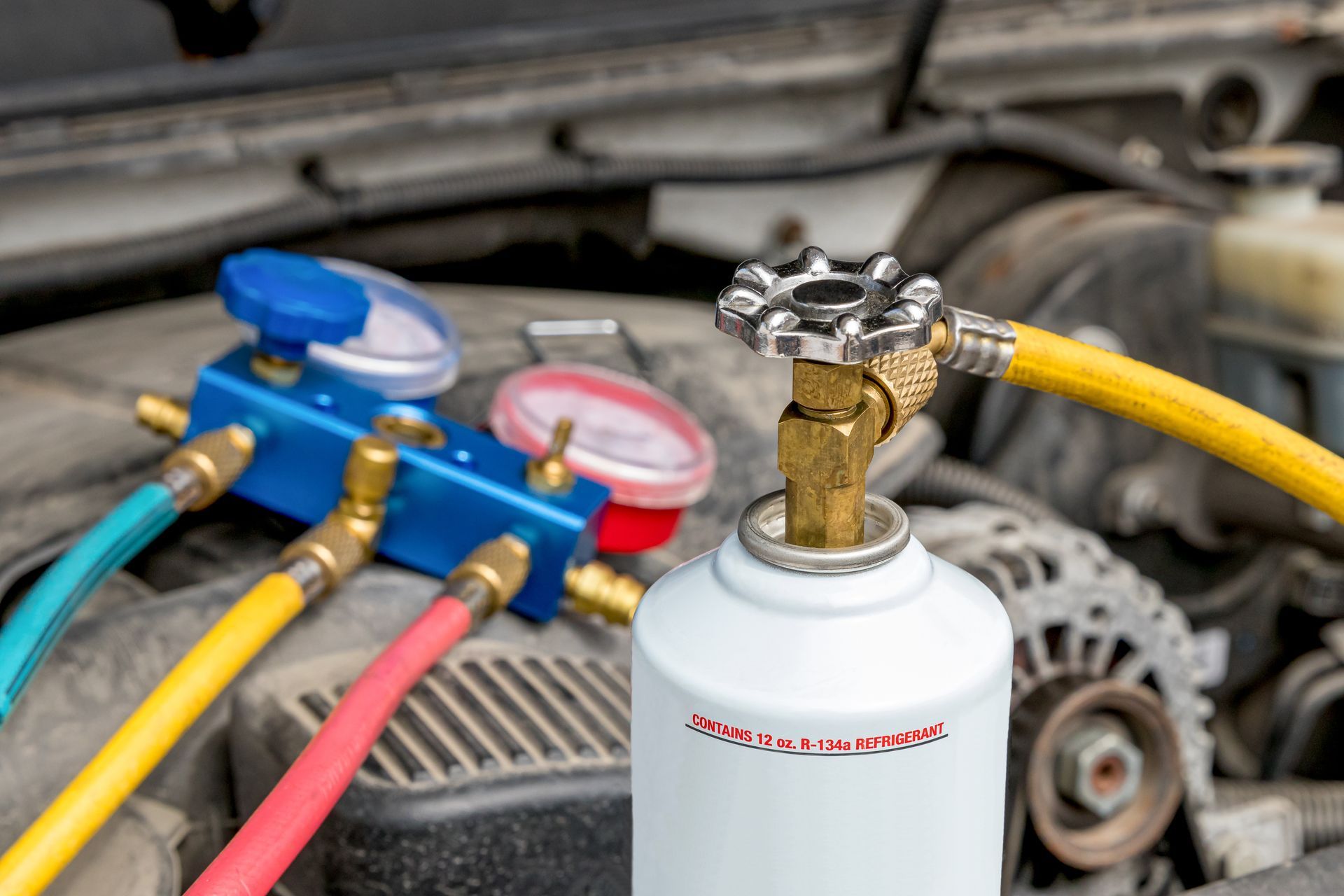BMWs are designed with advanced engineering and technology, but that doesn’t mean they’re free from issues. One problem that many owners run into is the check engine light staying on. While it might seem like a minor annoyance—especially if the car still drives normally—ignoring it can lead to more expensive repairs down the line.
There’s always a reason behind a check engine light, whether it’s something simple like a loose gas cap or a more serious issue with the engine or emissions system. Getting it checked early can save you time and money and the headache of dealing with unexpected breakdowns.
Common Reasons Your BMW’s Check Engine Light Won’t Turn Off
1. Faulty Oxygen (O2) Sensor
Your BMW’s oxygen sensor monitors the air-to-fuel ratio in the engine. When it malfunctions, the engine may run too rich (too much fuel) or too lean (too little fuel), leading to poor fuel efficiency, increased emissions, and potential damage to the catalytic converter.
A failing O2 sensor is one of the most common reasons for a check engine light. If left unaddressed, it can cause long-term engine performance issues and a failed emissions test.
2. Loose or Damaged Gas Cap
It might sound too simple to be true, but a loose, cracked, or missing gas cap can trigger your BMW’s check engine light. A faulty gas cap allows fuel vapors to escape, disrupting the evaporative emissions system (EVAP) and triggering a warning.
If your check engine light turns on after refueling, check the gas cap first. Tighten it securely and see if the light turns off after a few drives. If not, the problem may be more complex.
3. Ignition Coil or Spark Plug Issues
Spark plugs and ignition coils play a crucial role in starting your engine and ensuring it runs efficiently and smoothly. When they wear out, you might experience:
- Misfiring or rough idling
- Loss of power or hesitation during acceleration
- Difficulty starting the engine
BMW engines require high-performance ignition components, and worn-out spark plugs or coils can disrupt combustion, leading to increased fuel consumption and long-term damage to the engine and catalytic converter.
4. Mass Airflow (MAF) Sensor Failure
The mass airflow sensor measures the amount of air entering the engine, helping regulate fuel injection. When it malfunctions, it can cause engine stalling, rough idling, poor acceleration, and reduced fuel efficiency.
A dirty or faulty MAF sensor can trigger the check engine light, so regular air filter replacements and sensor cleaning can help prevent this issue.
5. Catalytic Converter Problems
A failing catalytic converter is a serious issue that not only triggers the check engine light but also affects your BMW’s performance. Symptoms of a failing converter include:
- Reduced acceleration and power
- A rotten egg smell from the exhaust
- Dark exhaust smoke
If the catalytic converter is damaged, your BMW may not pass emissions tests, and replacing it can be costly. Regular maintenance and fixing smaller issues (like bad O2 sensors or misfiring cylinders) can help extend the life of your catalytic converter.
6. Vacuum Leaks in the Engine
BMWs have a complex system of hoses and seals that help regulate emissions and fuel economy. Over time, these components can crack or wear out, leading to vacuum leaks that cause rough idling, poor acceleration, and an illuminated check engine light.
A common symptom of a vacuum leak is an unusually high or fluctuating RPM at idle. If you suspect a leak, a professional diagnostic test can pinpoint the problem.
7. Transmission or Fuel System Issues
Your BMW’s check engine light may also turn on due to low transmission fluid, clogged fuel injectors, or a failing fuel pump. If your car is struggling to shift gears smoothly or hesitating during acceleration, these issues may be at play.
Regular fuel system cleaning and transmission maintenance can help prevent costly repairs and keep your BMW running efficiently.
When to Seek Professional Help
While some check engine light issues (like a loose gas cap) are easy to fix, others require expert diagnosis and repair. You should have your BMW inspected if:
- The check engine light remains on after multiple drives.
- You notice loss of power, rough idling, or poor fuel efficiency.
- The light is blinking, which indicates a serious issue like an engine misfire.
- You hear unusual sounds or smell burning odors from the engine or exhaust.
Ignoring the warning can lead to further damage, higher repair costs, and potential breakdowns. Getting an early diagnosis ensures your BMW stays in peak condition.
Is your BMW’s check engine light on? Get expert diagnostics and repair at
Snider Automotive in Nashville, TN. Our professionals will make sure your car stays reliable and efficient. Contact us now to book your appointment!

